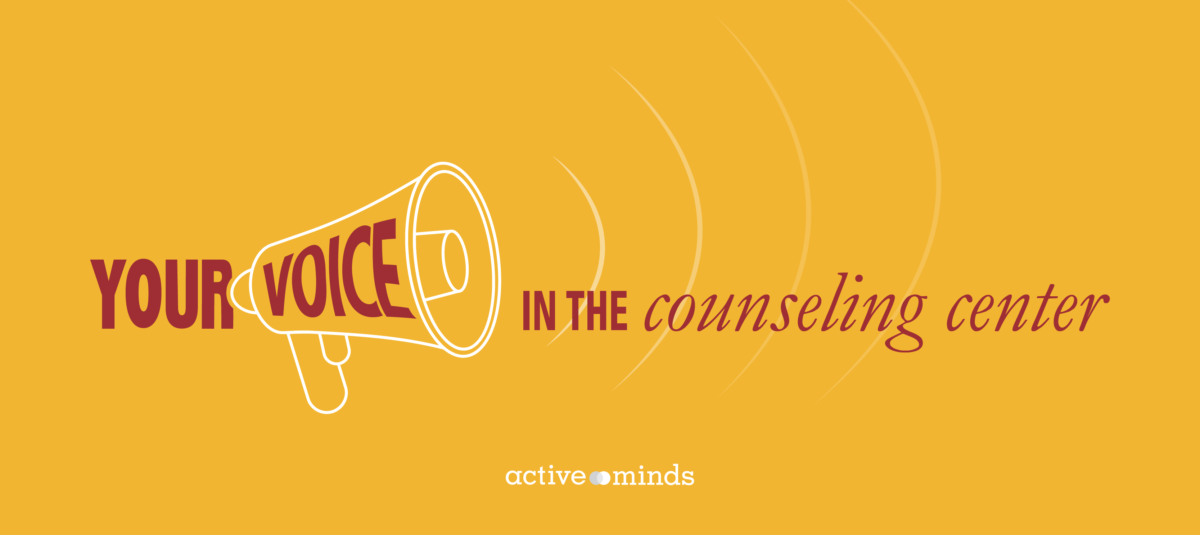When looking at the data from the Active Minds’ April 2020 survey for the first time, a particular statistic stood out to me: more than half of students did not know where to seek help for their mental health. I felt concerned about the wellbeing and mental health of students. We have all been isolating in our homes and communicating with our friends and family virtually via Netflix parties and Google Hangouts, but that can’t replace the in-person social interaction to which we are accustomed to. I’ve face-timed many of my close friends, and it’s nice to catch up on everything, but I usually am left feeling bittersweet and wishing I could see them in person. Right now, students need support for their mental health and overall wellbeing. A great way to connect students to mental health resources is to provide different forms of therapy, such as telehealth.
When my school closed, I remember feeling happy because I was finally getting a break from the overload of work from my AP classes. Weeks flew by and my brief period of relief transformed into uncertainty and anxiety. I wanted answers to the hundreds of questions circulating in my mind. How were exams going to be administered in school? Will our fourth quarter grades count? Will it be a pass/fail system? When will I be able to take the SAT exam? Will junior prom be canceled? Will I be able to attend school in person in the fall? As someone who values planning and organization, I felt uncomfortable not knowing how the next few months would play out. I needed someone to talk to other than my internal thoughts racing through my mind.
Despite all the uncertainty about the future, I found ways to take control of the present. As a junior in high school, I was in three AP classes, so I made it my goal to only focus on studying for these exams. I devoted all my time to studying the material, answering practice questions, checking my answers, memorizing facts, and then repeating the entire process. My friends thought I went slightly overboard when I decided to buy a large whiteboard to draw diagrams for my AP biology class, but I honestly think the purchase was worth it since I am a visual learner. Looking back, I truly believe that setting goals for myself and accomplishing those goals through hard work and discipline helped keep my mind at ease during quarantine. During a time when everything seemed out of my control, I sought comfort in being able to manage one aspect of my life.
Over the summer, the reopening process began to take action in New York. Slowly but surely, life began to return to a semi-normal state for me. However, there was still a big question looming in the back of my mind: Would schools reopen for in-person classes in the fall?
My question was later answered in August when my school announced the hybrid model for learning in the fall. The reopening plan highlighted that trained professionals such as our guidance counselors, school psychologists, and social workers would be there to support our emotional and mental wellbeing. I was happy to know we had these resources, but I was curious if they would be provided to students who would attend school virtually.
Telehealth is growing in popularity as it allows trained professionals such as therapists, doctors, and counselors to meet with their clients virtually. Returning to school this year is anxiety-provoking for many students. Now, more than ever, schools and universities need to invest in telehealth. It is especially beneficial for some students who may not feel comfortable seeking help in person. Virtual meetings provide an alternative for students to communicate with a professional in the comfort of their home.
Now, as a senior in high school, I know that juggling academics, extracurriculars, and sports are not an easy task, and sometimes I feel like talking about it with someone outside of my family or friend group. If schools invest in telehealth, this will help to increase the number of counselors and provide equipment such as computers to mental health professionals, which will allow students to have access to the resources and support they deserve.
As schools and colleges reopen, we are all faced with uncertainty. We are uncertain about whether our classes are going to be virtual or in-person. We are worried about the jobs or internships we plan on pursuing. And most importantly, we are unsure if we are going to be receiving the resources and the counseling we need from our school. Now is the time for all schools to support the mental and emotional well being of all students by investing in telehealth.
Active Minds is calling on our national student network and advocates to partner with their campus multicultural affairs offices and student organizations to rally around BIPOC students’ mental health and well-being. You can join the movement by visiting our resource hub to pick at least one action item to accomplish on your campus.




